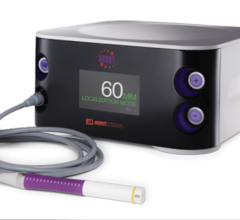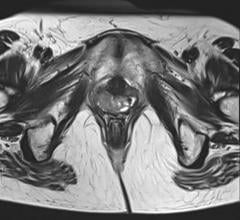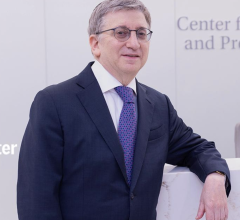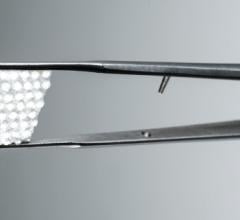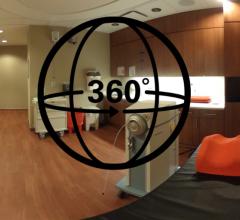January 5, 2009 – A first-degree family history of prostate cancer has no impact on the treatment outcomes of prostate cancer patients treated with brachytherapy, and patients with this type of family history have clinical and pathologic characteristics similar to men with no family history at all, according to a January 1 study in the International Journal of Radiation Oncology*Biology*Physics, the official journal of the American Society for Radiation Oncology.
“This information is relevant for both physicians and patients with new diagnoses as they embark on complex treatment decisions,” said Christopher A. Peters, M.D., lead author of the study and a radiation oncologist at Northeast Radiation Oncology Center in Dunmore, PA. (chief resident at Mount Sinai School of Medicine at the time of the study). “Now patients with a family history of prostate cancer can be confident that they have the same outcomes as patients with sporadic disease, regardless of the treatment modality they chose.”
According to the American Cancer Society, prostate cancer is the most common cancer in men behind skin cancer. Many patients diagnosed with prostate cancer have some type of family history of the disease and men with a family history do have an increased risk of developing the disease, but there is conflicting data on how family history impacts treatment outcomes.
In the study, researchers at the Departments of Radiation Oncology and Urology at the Mount Sinai School of Medicine in New York sought to determine if having a familial history of prostate cancer, which is defined as a clustering of prostate cancer cases within a family, had an impact on the prognosis of men treated with brachytherapy for clinically localized prostate cancer patients.
Researchers followed 1,738 prostate cancer patients, of which 187 had a family history of prostate cancer in a first-degree relative, for a median follow-up time of 60 months. They found that in the low-, intermediate- and high-risk groups, a family history of prostate cancer had little to no prognostic significance in men treated with brachytherapy. Previous studies done with prostate cancer patients receiving external beam radiation therapy or radical prostatectomy had similar findings.
For more information: www.astro.org


 July 11, 2024
July 11, 2024 
